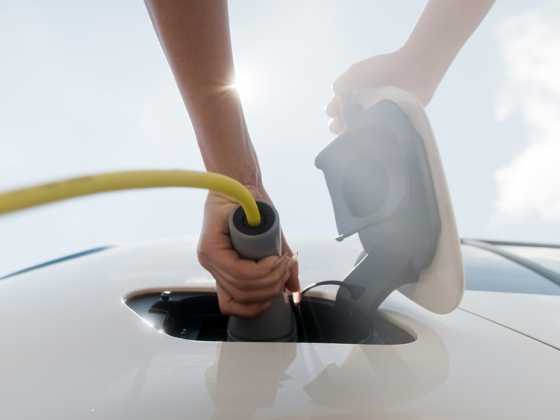£2m ‘air quality’ grants awarded for low-emission zones
Government grants worth up to £2m could pave the way for a new wave of low emissions zones across England.
Councils in Birmingham, Bradford and Devon have each been awarded £150,000 to investigate the possibilities of bringing in zones similar to those used in London since 2008 to tackle air pollution.
The London zone forces vehicles that do not meet certain emissions standards to pay a charge for driving in much of the city and its suburbs. The standards were tightened this time last year, effectively banning older polluting vehicles from the capital.
The grants were announced as part of 36 funding awards to local authorities across England covering 42 projects designed to tackle nitrogen dioxide emissions. These include initiatives to create best practice guidance and tools for local authorities that want to decrease emissions, and efforts to improve communication around air quality risks.
The country’s air quality has been widely criticised by campaigners and London remains at risk of EU fines over repeated breaches of legally-binding air quality standards. Last year, the government was embroiled in a court case over its plans for tackling air pollution, after it admitted in December 2011 that 16 of its 43 regions will fail to comply with EU standards for nitrogen dioxide pollution by 2020.
Environment Minister Lord de Mauley said without money from the air quality grant programme, which is now in its 15th year and has handed out over £50m in grants, many pollution-tackling projects would not have been possible.
“Air quality has improved significantly in recent years; however, we need to keep striving to improve the air we breathe. This £2m air quality grant will help local communities take matters into their own hands.”
The funding comes after Defra awarded a share of £200,000 to three businesses looking to develop technology to aid climate change adaptation and manage flood risks.
A reusable, low-cost ‘flood brick’ that could replace sandbags to protect homes, businesses and infrastructure won £44,000 in the Dragons’ Den-style competition, while a cost‑effective rainwater harvesting system was awarded £88,000, and a project to model drainage in urban areas was allocated just under £55,000.



